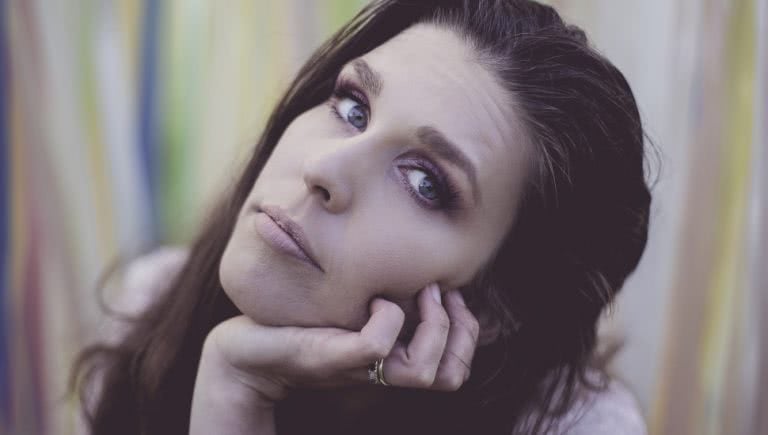“Some of the highest and some of the lowest parts of my life have all been in one year,” says Fanny Lumsden. It’s an idea all too familiar in our post-pandemic world, particularly for those working in the music industry. Gigs have been cancelled. Tours have been scrapped. Plans have been broken, made, and broken once more.
However, as Lumsden will tell you, music and nature offer solace from hardship like no other. A rising country singer, Lumsden is most at home among crackling campfires and wide-open spaces—seen in its full majesty in the latest episode of Support Acts’ Tune Ups.
With seven episodes appearing across as many weeks, the series features the likes of indie-pop icon G Flip, country star Fanny Lumsden; the Teskey Brothers bassist Brendon Love; hip-hop artist Ziggy Ramo; live music veteran Sahara Herald, Tour Director of Frontier Touring; longtime roadie and CrewCare co-founder Howard “Weird” Freeman; and resilient rapper Barkaa.
Each episode of the series explores the subject’s personal mental health journeys and, in many cases, the amplification of those conditions brought on by isolation.
It was in the turbulant environment of 2020 that Lumsden’s triumphant album Fallow was born. Across 12 tracks, the folk-tinged record proves that from hardship can come beauty.
“The writing and recording process of Fallow was in amongst a lot of personal change,” says Lumsden. “We lost my husband’s mother to cancer and not long after that, I had a baby. We then lost my grandma and lost a friend to suicide.”
Against the rising tide of anxiousness, Lumsden locked herself up with her band and committed her feelings to tape. They overcame the hurdles ahead of them and ultimately the experience brought them closer than ever before.
“We worked out how to go on Zoom and put an album out from home,” says Lumsden. “It then went on to win an ARIA and get nominated for seven Golden Guitars.” In any sense, the accolades speak for themselves.
While the mental hardships brought on through a year without any gigs has been more than challenging, Lumsden credits her resilience to growing up inside a family of hardworking farmers.
Watch the music video for Fanny Lumsden’s ‘Dig’

“Growing up on a farm and going through years and years of drought, I watched my parents take huge hits,” she says. “But they always had this overwhelming positivity about life and about making the most of what you’ve got.”
It’s a potent reminder that in the darkest times, family can offer the strongest sense of relief. In Lumsden’s case, especially from the pressures of the music industry.
“Working in the music industry can be really tough,” she says. “There’s all this external pressure that you might put on yourself to do something a certain way because that’s just how it’s done. I know I do. But it’s important to realise that doesn’t exist.”
Never one to follow the rules, Lumsden has consistently done things her own way. With her career hitting all-time highs, she now reaps the benefits.
“I never thought I would be a musician. I didn’t think it was possible for someone like me to do that. I’ve gone about it in a different way—I’ve learnt to just do things, and if I didn’t know how to do it, I’d call someone who does. There’s always going to be a bit of positivity somewhere.”
That’s not to say that tough days and mental health challenges won’t arise, however. Lumsden is honest with herself when it comes to feelings of anxiety and understands the key to making progress is radical honesty and open communication.
“I speak to my friends and my family a lot about mental health,” she says. “When I’m really high-anxiety, I’ll be really open about the fact that I’m struggling.” As a balm for anxious moments, she’ll lean on her bandmates and husband—directly asking for help before the anxiety has a chance to spiral. It goes to show that when it comes to mental health, reaching out is the most important step towards finding reprieve.
Like many musicians across Australia and the globe, Fanny Lumsden’s past year has been filled with immense highs and lows. But through it all, music has been there for her—a constant source of joy and magic.
“Focusing on the music really helped,” she says. “I was trying to create something beautiful. I found a lot of solace in that.”
Watch the full episode of Tune Ups with Fanny Lumsden


































